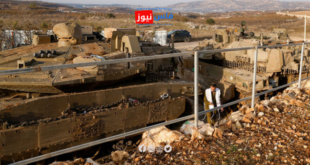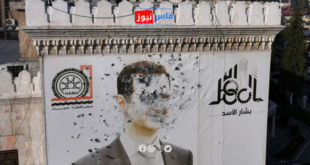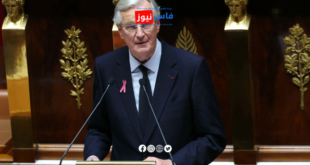After more than 13 years since the outbreak of the civil war in Syria, President Bashar al-Assad’s grip on power appears to be weakening in an unprecedented manner. Recent days have witnessed dramatic developments on the ground, with opposition forces achieving rapid and unexpected progress in several strategic areas.
Major cities in northern Syria, including Aleppo and Hama, fell to opposition fighters in just a few days. The rebels have announced that they are now besieging the capital Damascus, Assad’s stronghold since he assumed power in 2000, succeeding his father.
This sudden advance by the opposition comes at a time when Assad faces significant challenges on both regional and international fronts. His Lebanese ally, Hezbollah, is suffering from painful Israeli strikes, while Russia, the main supporter of the Syrian regime, is preoccupied with its war in Ukraine.
In a further indication of Assad’s increasing isolation, the Kurdish-majority Syrian Democratic Forces (SDF) expressed willingness to engage in dialogue with their adversaries among Turkish-backed factions. Turkish President Recep Tayyip Erdogan welcomed the opposition’s progress, while Israel reinforced its forces in the occupied Golan Heights.
Experts view the current situation as the most dangerous faced by the Assad regime since the summer of 2012. Joshua Landis from the Center for Middle East Studies at the University of Oklahoma noted that “things are collapsing very quickly,” adding that the fall of the strategic city of Homs would cut off Damascus from Assad’s support base in the Alawite-majority coastal areas.
However, observers warn against rushing to declare the fall of Assad’s regime, pointing out that previous predictions of the end of his rule did not materialize. The Syrian president has managed to withstand years of war despite diplomatic isolation and international sanctions, relying on support from Iran and Russia.
Yet, the current situation appears different, with reports indicating that the Syrian army has become significantly weakened in the absence of external support. The Russian embassy itself acknowledged the “difficult military and political situation” in Syria.
Analysts believe that the fate of Assad’s regime now largely depends on the position of his regional allies, especially Iran and Russia. If these allies decide they can achieve their interests in the region without Assad, his days in power may indeed be numbered.
In light of these rapid developments, it seems that the Syrian scene is on the verge of a radical change that could end the Assad family’s rule, which has extended for more than half a century, with all the serious regional and international implications that entails.
 فاس نيوز ميديا جريدة الكترونية جهوية تعنى بشؤون و أخبار جهة فاس مكناس – متجددة على مدار الساعة
فاس نيوز ميديا جريدة الكترونية جهوية تعنى بشؤون و أخبار جهة فاس مكناس – متجددة على مدار الساعة













